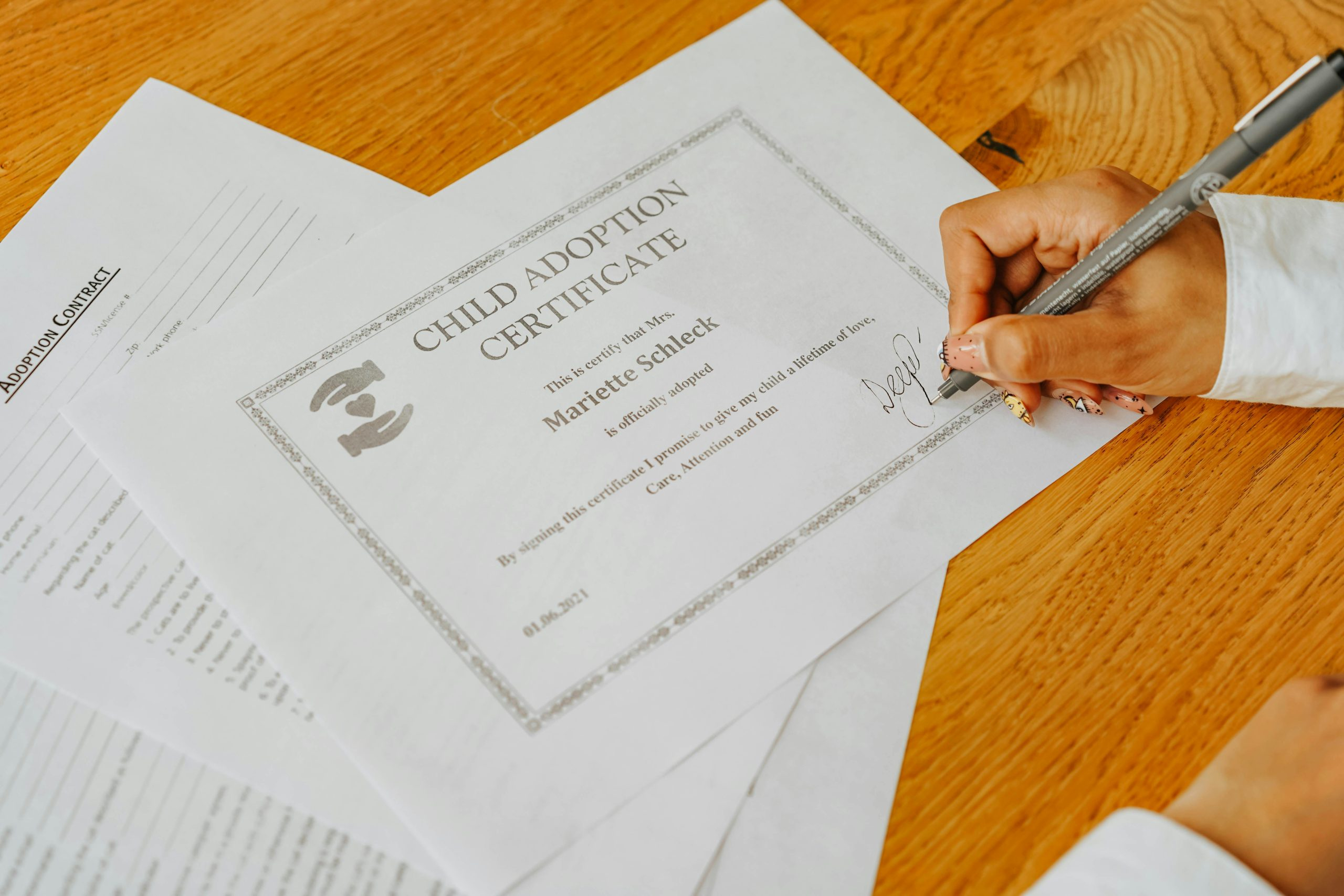Court Reporters: Guardians of the Official Record
Court reporters play a crucial role in our judicial system as the guardians of the official record. While their job may seem simple – transcribing court proceedings – their role is vital in ensuring the accuracy and integrity of legal documents. From trials to depositions, court reporters are responsible for creating a verbatim record of everything that is said in a legal setting. This article will explore the role of court reporters and why they are so important in preserving the official record.
The Duties of a Court Reporter
At its core, the role of a court reporter is to create a written transcript of everything that is said in a courtroom. This includes accurately recording the dialogue between lawyers, judges, witnesses, and other parties involved in a trial. While this may seem like a straightforward task, it requires an immense amount of skill and attention to detail.
In addition to recording the spoken word, court reporters are also responsible for creating accurate depictions of body language, tone, and other non-verbal cues. This is crucial in capturing the full context of a conversation and preventing misinterpretation of the record.
The Importance of Accuracy
Court reporters are often referred to as the “guardians of the official record” because of their role in preserving the accuracy and integrity of legal documents. The transcripts they create serve as the official record of a court proceeding, and can be used as evidence in future legal proceedings or appeals.
Without accurate transcripts, there is a risk of important details being left out or misrepresented, which can have significant consequences for the outcome of a case. That is why court reporters must have a keen attention to detail and a high level of proficiency in their craft.
The Technical Skills of a Court Reporter
In addition to their ability to accurately record spoken word and non-verbal cues, court reporters must also possess a range of technical skills in order to do their job effectively. This includes knowledge of stenography, the process of typing shorthand symbols on a special machine to create a transcription in real-time.
Court reporters must also be proficient in computer-aided transcription (CAT) software, which aids in the editing and formatting of transcripts. They must also have an understanding of legal terminology and procedures, as well as the ability to maintain confidentiality and impartiality.
The Impact of Technology
As with many other fields, technology has dramatically changed the way court reporters carry out their duties. Traditional stenography machines have been largely replaced by digital recording devices, and the use of CAT software has become standard practice.
While technology has certainly made the job of a court reporter more efficient, it has also brought about its own set of challenges. Some argue that relying too heavily on technology can result in a loss of accuracy and attention to detail. That is why it is crucial for court reporters to constantly adapt and stay abreast of technological advancements in their field.
The Future of Court Reporting
Despite the advancements in technology, the role of court reporters remains essential in maintaining the integrity of the official record. As the demand for court reporters continues to grow, so does the need for highly skilled professionals who can adapt to a rapidly changing landscape.
In addition to traditional legal settings, court reporters are also finding work in other areas such as closed captioning, webcasting, and transcription for corporate meetings and events. This diversification of their role further emphasizes the importance and value of their skills.
In Conclusion
Court reporters are truly the unsung heroes of our legal system. Their dedication to preserving the official record ensures that justice is served fairly and accurately. As technology continues to evolve, so does the role of a court reporter, but their importance in the legal world remains constant.









